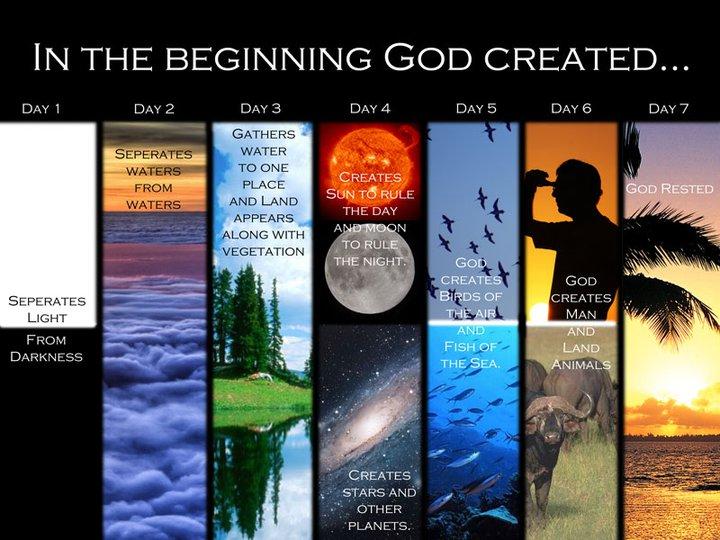I don’t claim that by me consulting articles and commentaries on this passage that I will have an answer to every question on this passage, but what I do want to claim is that there are interpretations which are credible and do not force us to deny other biblical doctrines (i.e., the Perseverance of the Saints).
I do want to stress the context of Hebrews that it is an epistle written to Hebrew Christians steeped into the Old Testament and Israel’s history, therefore I will try to interpret it with this in mind and not try to make a modern application every time.
Audience
Who are the ones being described in this passage? Is the audience the ones being described in vv. 4-6? No, they are not. Rather, they are a different group spoken of in the third person (“those” v. 4, “them…they…their own” v. 6). The Author is not describing his present audience, in fact he explicitly says that in v. 9. Previous to this passage the author spoke of the plural “you” to the audience (e.g. Heb 5:11-13), including himself in 6:1 by using “us”. After v. 9 he speaks of the “beloved” and those who he encourages to “have the full assurance of hope until the end”. The warning is not about them, but about those who receive a clear light of God’s Gospel, make a profession of faith and appear to all to be true believers, yet later fall away. It is those who will not be brought to true repentance by God and be left in their sins to perish eternally.
The audience the Author is writing to is one of Hebrew Christians in general who are being tempted to go back to the old Judaism and abandon their current religion. The Author throughout the letter shows that the New Covenant and its Mediator are better and they are the fulfillment of the promises and shadows in the Old Testament and therefore, there is nothing to go back to. The apostasy being spoken of here is that in which a person leaves Christianity to go to Judaism before the destruction of the Temple in 70 A.D. Obviously, it can have modern applications of those who leave their profession of Christianity wherein they have clearly seen God’s work and His Word, yet later deny that profession and go openly to another religion or to atheism. But mainly, this passage is about those who are being tempted to apostatize to Judaism.
Impossible
The passage begins with denoting an impossibility, namely, the impossibility of renewing certain people to repentance. I take the word “impossible” here to mean absolute impossibility and not merely impossible in the sense of “very difficult”, or “With man this is impossible, but with God all things are possible.” (Mt 19:26) The Greek word ἀδύνατος (adunatos) literally means no power, ability or strength. The word is used by the Author of Hebrews 4 times.
In Heb 6:18 he says that “it is impossible for God to lie” which does not indicate that it is very difficult, although it can happen, but denotes an absolute impossibility of such a thing happening. In Heb 10:4 the Author says that “it is impossible for the blood of bulls and goats to take away sins.” Does he here mean that it is merely very difficult for this to happen, or rather that it is absolutely impossible? The answer seems obvious. The last instance is in Heb 11...










